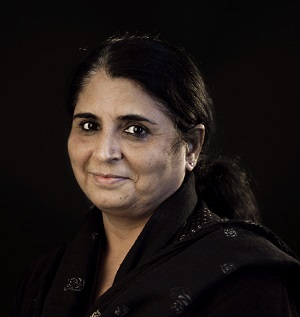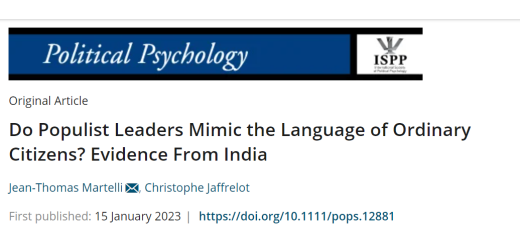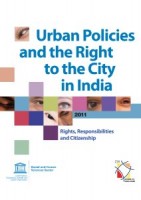[CSH-CPR Urban Workshop #141 ONLINE] Urban Planning Conundrum or Its Epitaph? (D. Mahadevia)
The Centre de Sciences Humaines (CSH) & The Centre for Policy Research (CPR)
Urban Planning Conundrum or Its Epitaph?
by
Darshini Mahadevia
( Professor and Associate Dean, Arts at the School of Arts and Sciences, Ahmedabad University)
Tuesday, 26 October 2021, 3:45 PM IST onwards.
The session will be online via Zoom. To register, kindly fill This form

The session will also be live-streamed on the CPR Facebook page.
Random top-down decisions on projects and programmes for cities and a recent shift in focus towards sub-city plans (e.g Town Planning Schemes and Local Area Plans) and specific area development projects (e.g. riverfronts development, central vista, etc.) are subverting urban planning as inherited, professed and practiced by the state entity, reminding us ‘why India cannot plan her cities’. In lived reality, absence of urban planning is keenly experienced in its many facets. Urban planning’s antecedents lie in anti-urban utopia, anti-metropolitanisation and ‘rural idiocy’. Post Second World War, in the larger project of modernization within rationalist framework, urban planning gained centre stage as a comprehensive, rationalist exercise. It emerges as a profession of compromise between the ‘right’ and the ‘left’, as a ‘social democratic’ endeavor in the capitalist countries of Europe and North Americas.Indian urban planning, as a project of modernization, found its feet post-independence through ‘Master Plans’ (or Development Plans) imbibing both the utopian anti-urban as well ‘comprehensive planning’ philosophies and assuming the larger polity to be social democracy. The goals and objectives set in these plans read as vacuous, representing the dominant ideas of the time. There is not just one ‘Master Plan’ but many plans, prepared with poor quality data. These are not statutory plans but have projects (with large budget allocations) embedded in them. There is a tapestry of actors and projects acting on the city space, with individual projects driving the change. By critically looking at the objectives of plans of different cities over time and making sense out of multiple plans of a city, this presentation asks the question: do we address the urban planning conundrum or is it time to write its obituary?









